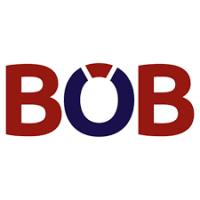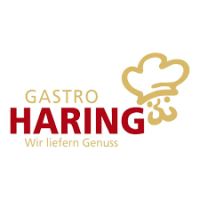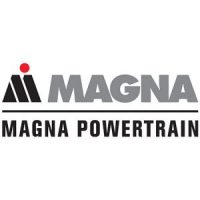All enterprise resource planning processes are to be handled in Kundenmeister and all enterprise resource planning reports are to be generated from Kundenmeister. The project includes the conceptual design of the enterprise resource planning processes. The normative basis for the conception is the 4-step methodology of ÖNORM A 9009:2013 “Processes in management systems – Instructions”.
The project client is provided with the designed target processes and an action plan for implementation.











